Vilanculos – The memory of the sun
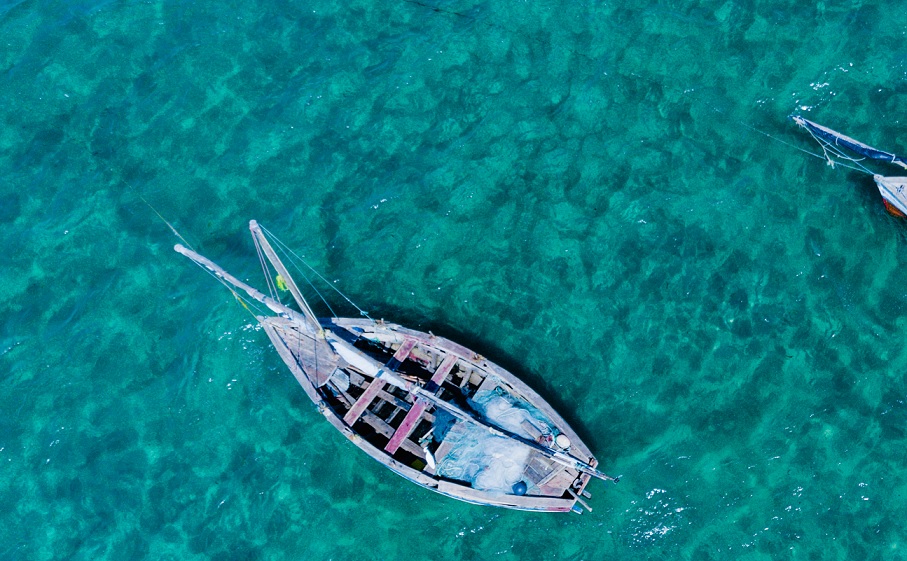
At the edge of the sea, men and women are supported by small horizontal pieces of sticks entwined in a rope as if tracing a boundary that separates them. All with their backs to the shore and facing the sea, pulling the nets of the toil of a night less long than those of the coldest nights, but that the white light of the moon continues to serve as this lighthouse to show the way in the morning to night owls.
They pull the nets as if they were also dragging part of the sea to bring it to shore, thus softening the red-hot sand and perhaps returning to navigating life to a large boat moored on dry land made of wood, painted in blue and red, reminding the biblical floods and the new beginning of lives that we thought were lost. How many floods would it take today to heal the wounds of humanity?
The corridors where the sea is bluer than the sky suggest the coral route where, far from the bustle imposed by the roar of boat engines, we can see the intertwining of colourful fish to save a humanity that is dying a little every day of fishing, an open-air resistance aquarium.
A couple traces a heart in the damp sand with their index finger, each makes their half and their fingers collide on the lower end, a joint design which a slight wave quickly overlaps, but which leaves a path when it returns of water in a heart that continues to reflect the sun like little pieces of glass. Love can still be bright.
A small group of women eagerly awaits the return of the fishnet from the sea, sitting on buckets that would later be full of fish, singing songs as if speeding up the fishermen’s steps like that of a sort of moonwalk, this movement that Michael Jackson immortalised and that made us think that life is not just about stepping forward, and that there is some dignity and grace in stepping back, if only to create balance or, as we now see, to bring some of the sea to shore.
Advertising
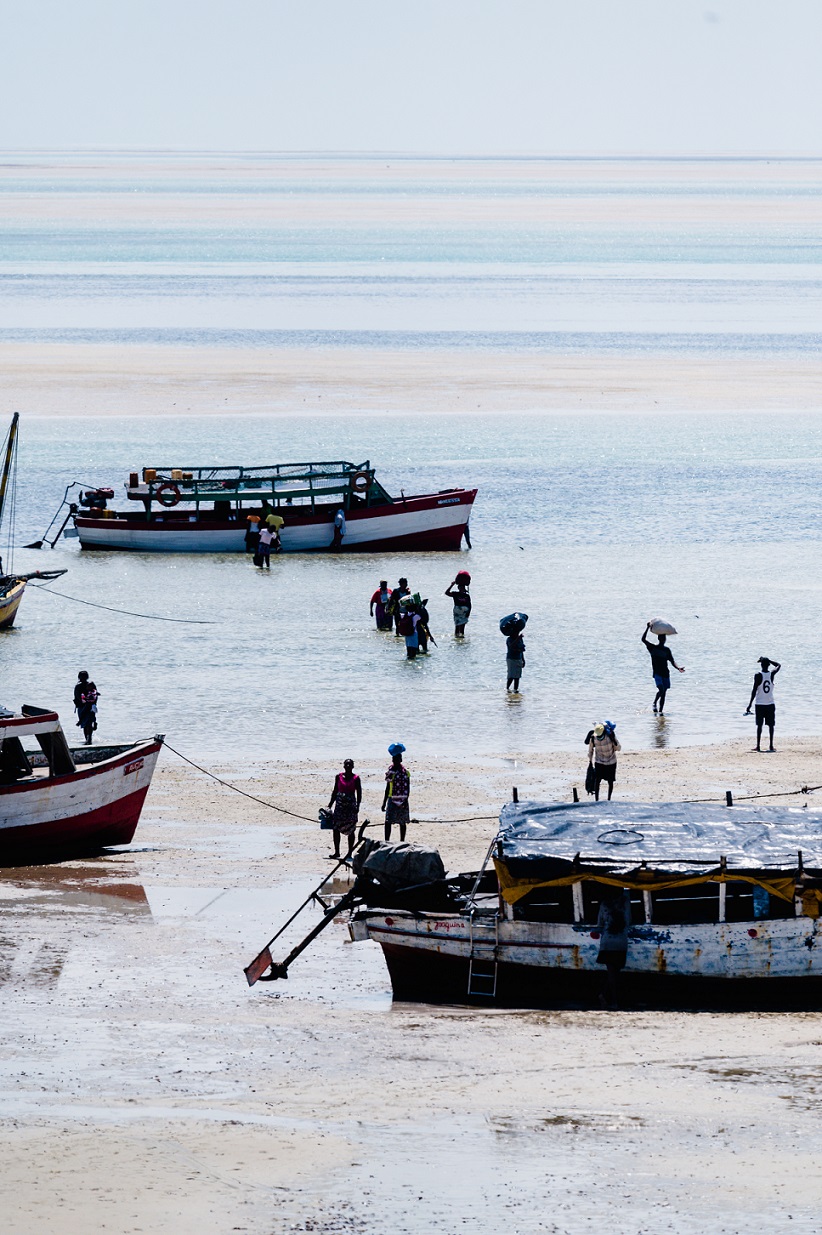
A light breeze covers the lips with the saltiness that tastes of the sea. The sun has already risen, as if spat out by a sea that moves serenely like the arms of a mother who wants to lull her child to sleep.
The flaming ground takes us to the not-so-narrow, but not-so-open streets, which allows every face we cross to immediately become a new acquaintance, far from the impersonality of big cities that make each person just a profile.
Bodies can no longer support garments that rub against the heels or stretch out to close the wrist. These are no longer times for insinuations, they are for the show of silhouettes in all its splendor, even more so in a city embraced by the sign of arrivals and departures and the beginning of a life hitherto unknown.
The human, plant life, flavours and colours of Vilanculos come to life with every step we take.
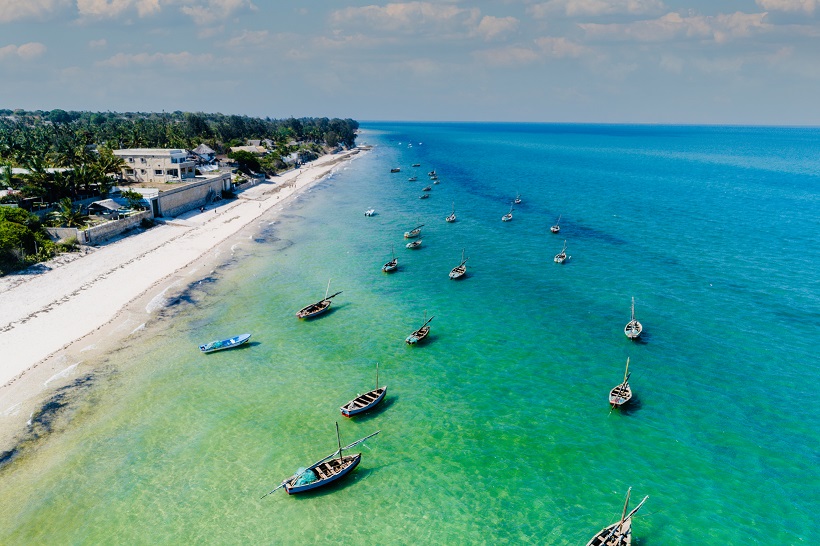
The soul of cities end up always being hidden among the informal market stalls.
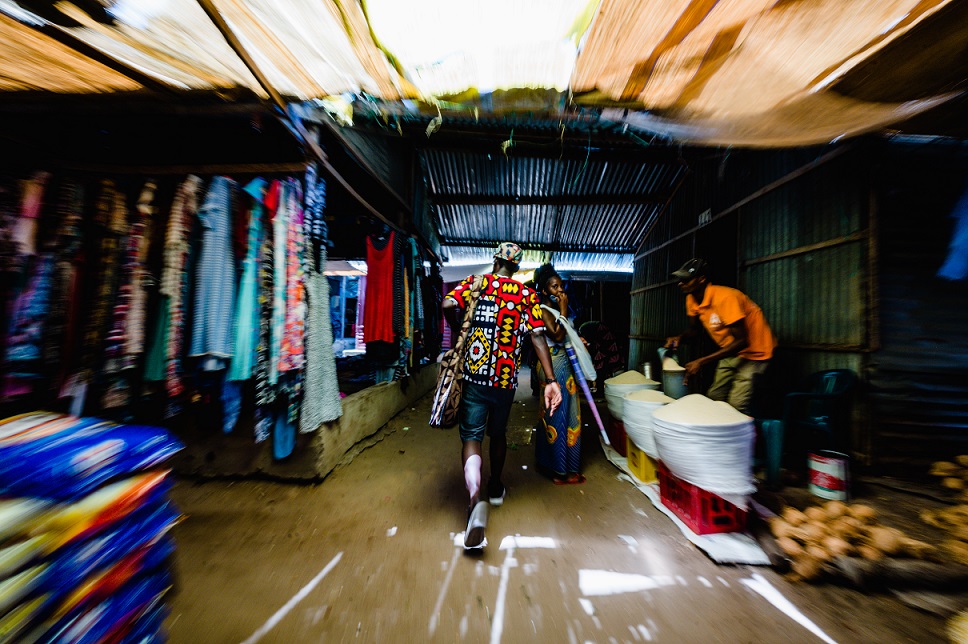
The markets are the opportunity to discover the flavours of Vilanculos still in a “raw state”.
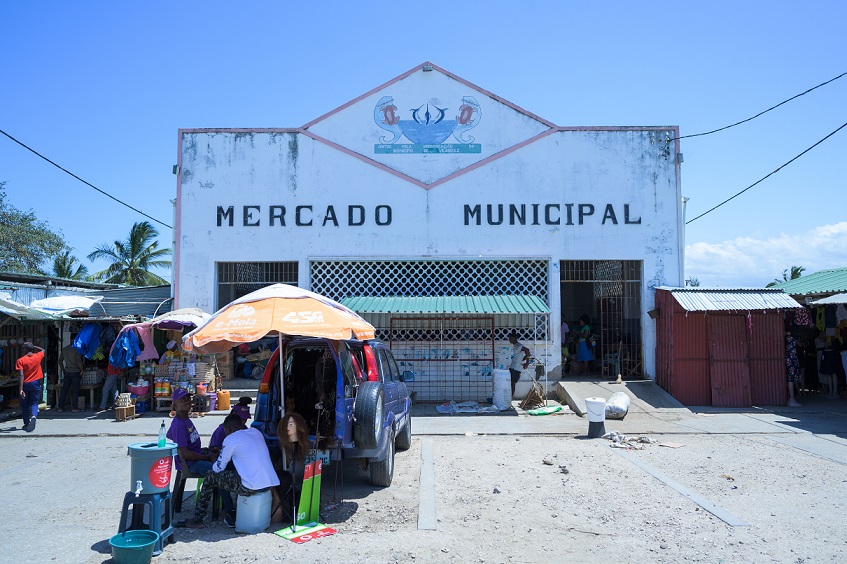
But the soul of the cities end up always being hidden among the informal market stalls, where voices overlap to draw the attention of passersby, of a foreign customer who has the opportunity to discover the flavours of Vilanculos, still in a “raw state”, because trips are also taken mouth to mouth.
The sensation of novelty is strange, it’s as if the discovery – for us – of a new world was at the same time an act of creation of that world, as if there were a Vilanculos before our arrival, the tourist beaches and rankings that place it as one of the best destinations in Africa; and a later perception, which begins to take on human, vegetable life, flavours and colours that allow us to touch it at every step we take.
Not far away, we would visit the Mozambique Horse Safari, this cinematographic image of horses galloping over the waters and that, with some courage, we would put ourselves up there.
Horses always give this great lesson about serving others without letting our grace get lost. And to think that the story of these horses comes from so far away, from Robert Mugabe’s Zimbabwe, every time they step into the sea, it’s as if they wanted to cool off their scorched feet during a long journey.
But when night falls and the sea becomes shifting territory where only fishermen have the courage to move around, the streets of Vilanculos take on a new life, with bars made clubs to loud music, bodies glued in sweat and everything that the night might suggest. It’s as if the city has suddenly become the centre of all the people in the world.
▶ HOW TO GO
There are direct LAM flights from Maputo to Vilanculos, as well as regional connections.
▶ WHAT TO DO
Sitting down to watch the lives unfolding at sea and from the sea is always tempting. The sunset is always unforgettable, but the sunrise gives a lot of energy for the day. But with time you can always visit the Mozambique Horse Safari and ride horses like in the old western movies, with the luck of having them by the sea.
▶ WHERE TO EAT
Trips are also made for the flavours that define a particular place. A Casa Babi, which already has the calling card of being one of the best bed and breakfasts in Africa, is one of those places that tastes of Vilanculos. But you can always experience the plethora of restaurants.
▶ WHERE TO SLEEP
There are several hotel resorts along the coast of Vilanculos, with the sea literally at their doorstep.
▶ WHAT TO WATCH OUT FOR
Hat, sunscreen and water should be part of the kit if you visit Vilanculos during the hot summers. Always wear fresh clothes. At the end of the day, remember to put insect repellent.
Issue 70 Nov/Dec | Download.
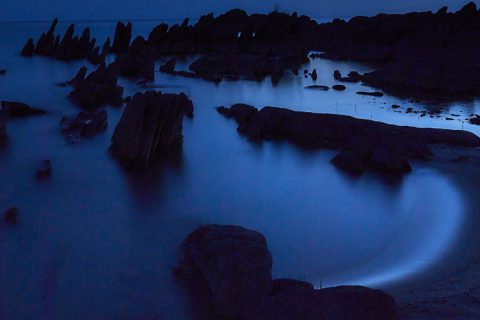
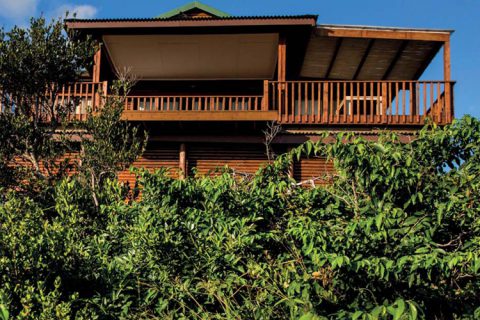



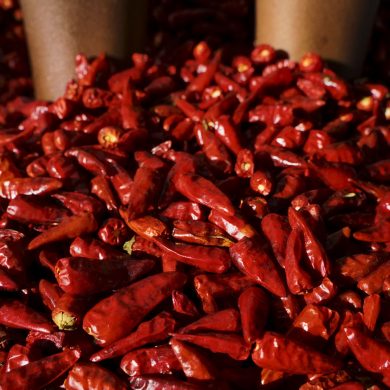
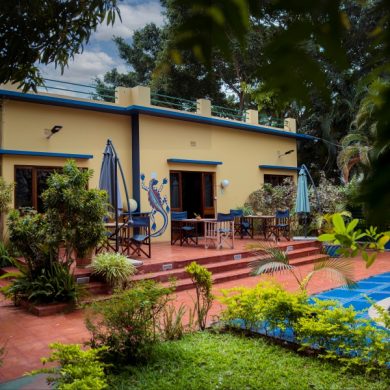

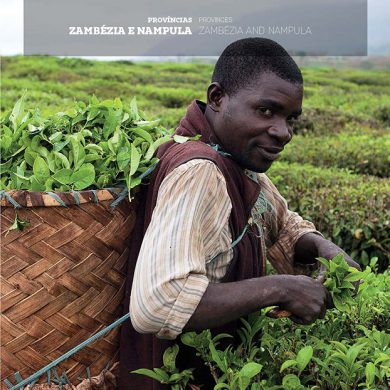
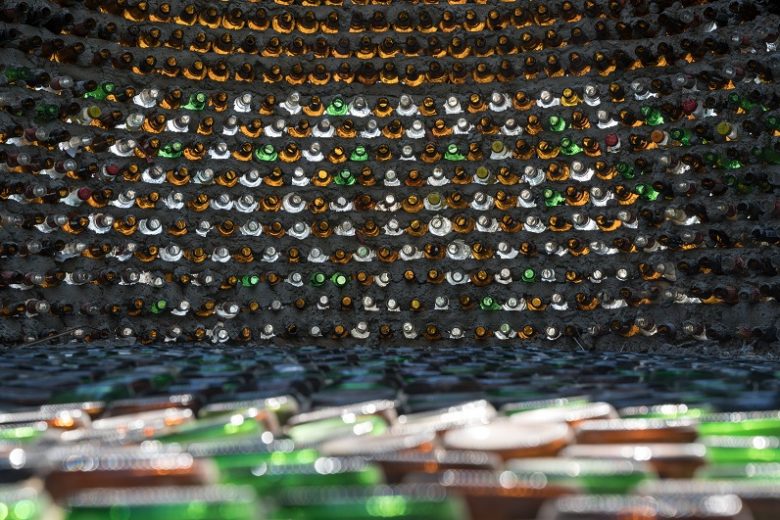
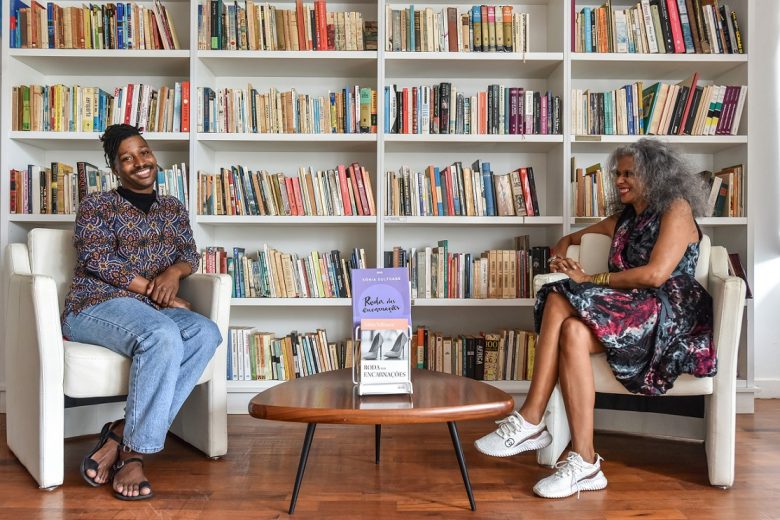










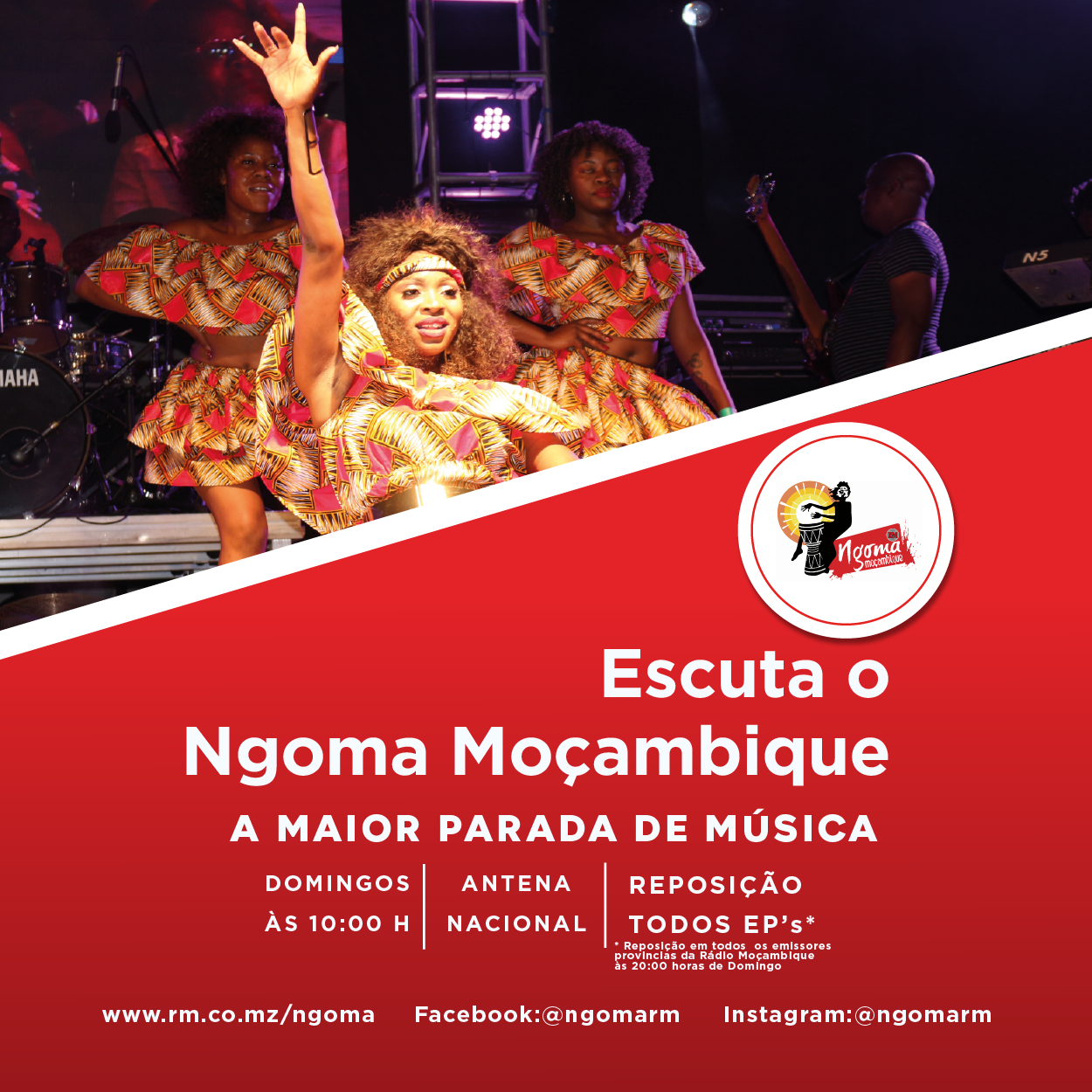






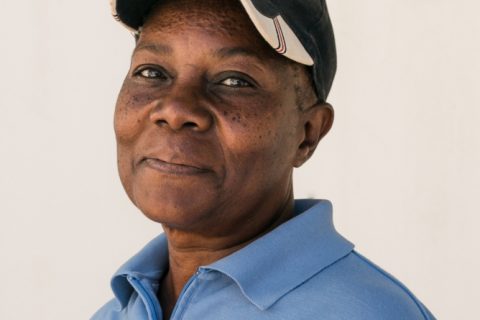
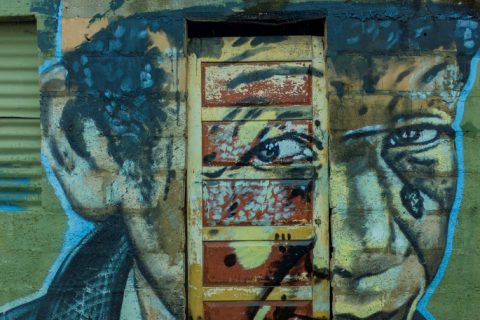

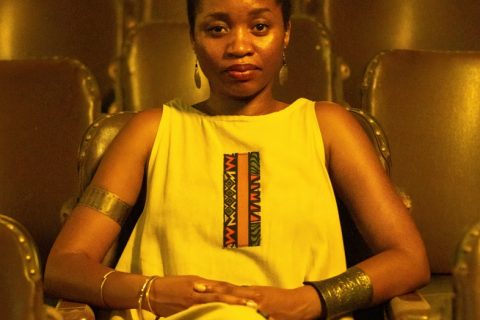
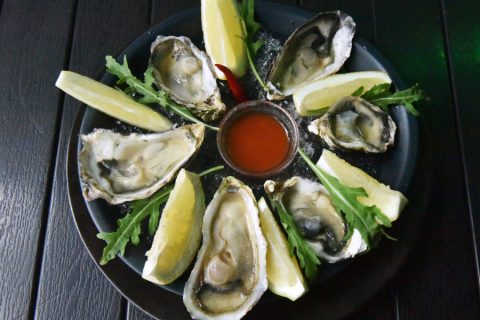
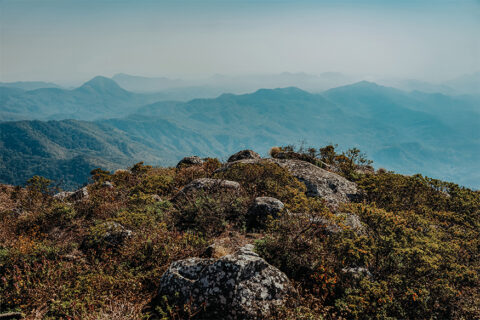


0 Comments